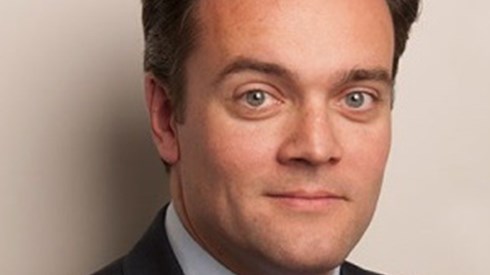Global Insurance Industry Views Technology Modernization as Threat

August 16, 2019

The urgent need for business and technology modernization poses the greatest threat to the global insurance industry, according to The Insurance Banana Skins report, published by the Centre for the Study of Financial Innovation (CSFI) in association with PwC.
At the heart of responses was the view that many sector players are weighed down by legacy business models and information technology infrastructure that are poorly equipped to handle the changing demands of the industry.
The global report follows on from previous surveys issued biennially since 2007. This year's analysis was based on 927 responses from 53 territories, including 32 Bermuda respondents.
Threats posed by cyber crime were judged to be the second-biggest Banana Skin. Cyber concerns from past surveys have intensified. The insurance industry—an enticing target because of the volume of valuable data it holds—faces a barrage of attacks from criminals and state-actors, many of which are extremely sophisticated, the report suggests.
Cyber risk, both as a security issue and an underwriting risk, is the top concern of the reinsurance sector, as in the previous survey. However, climate change came in second place, marking a dramatic new entry to the ranking, according to PwC.
The risk that inadequate response to change management will damage insurers continues to be seen as urgent, taking the third spot on this year's list. Demand for these changes to be implemented is being driven by technologies such as artificial intelligence; the internet of things, which is overhauling insurance markets; and radically different customer expectations.
PwC said, significantly, the overall tone of the responses this year is the most negative it has seen since it began the series in 2007. This is largely due to the scale of the challenges facing the industry through technological and structural change and concern about the industry's ability to manage them successfully. The results should also be seen against a background of growing economic uncertainty around the world, and heavier regulation.
Despite the drop in sentiment, the overall view on insurers' ability to handle these risks is that they are better prepared than ever, with greater confidence in their ability to navigate the potential stumbling blocks.
Arthur Wightman, PwC Bermuda leader, said, "Operational risk continues to be the key category of risk occupying insurers' boardroom conversations in all sectors including life, non-life, broking, composite, and reinsurance. While there is a pressing need for better and efficient technology, in the era of digitalization, the threat of cyber crime has become ever more prominent. Insurers' concerns about regulatory risk were also generally high."
Differences were found mainly in the assessment of interest rate risk, which life insurers ranked high along with investment risk, and climate change, which was particularly flagged as a concern by the reinsurance sector. Concern about the macroeconomic outlook was highest among life insurers and reinsurers, according to PwC.
August 16, 2019





